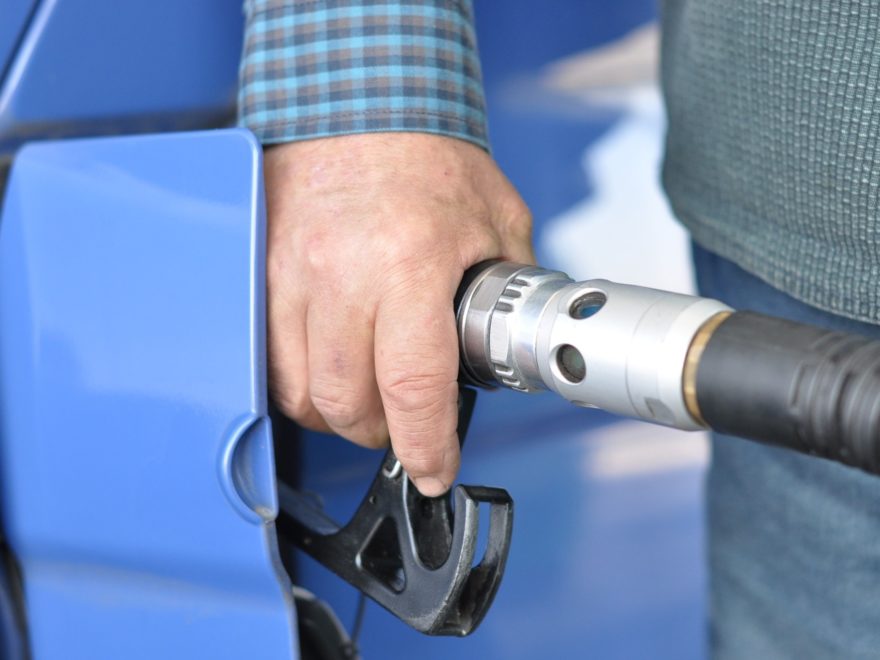With souring fuel prices, it has become more important to implement ways to effectively manage fuel usage and more importantly stop fuel pilferage. Fuel expense has always been and will be an overhead for organizations. In fleet operations, fuel expenses hold about one-third of the overall cost. Improper handling of vehicles also results in high fuel consumption. Thus, proper and close monitoring and management of fuel consumption is necessary to maintain efficiency and control operational costs.
To overcome high fuel consumption and cutting on high fuel costs, organizations are taking steps such as installing fuel sensors along with Real-Time Vehicle Tracking Systems. This will ensure that the drivers or people-operating vehicles do not indulge into malpractices such as fuel theft and false fuel refill reporting. Today, many leading automotive companies are passing out their manufactured vehicles with inbuilt GPS and Fuel Sensors.
Fuel Sensor has become need of the hour keeping the market trend in mind. A few of the benefits of installing Fuel Sensors along with GPS tracking systems are:
1. Cost-per-Mile
Fuel report helps organizations’ to get a complete insight into their vehicle’s efficiency and fuel usage. The mileage report gives the exact distance covered by the fleet and the amount of fuel consumed by them. Consequently, it becomes easy to calculate the cost-per-mile of a vehicle and determine individual vehicle’s performance. It is an advantage for organizations as it helps to differentiate among the efficient and inefficient vehicles and give insights about the ones that need maintenance or altogether needs to phase out.
2. Avoid Fuel Pilferage
With the help of real-time locations through GPS tracking, organizations can easily track any fuel pilferage. Nowadays, many dedicated Tracking Applications are able to send instant notifications in real-time and help to get hold of any unauthorized fuel drainage or theft. This helps to create awareness and stop such malpractices among drivers.
3. Driver’s Usage Quality
Advanced technology facilitates driving behavior, which helps to monitor sudden acceleration, harsh braking, sudden steering, and zigzag driving. Implementation of such results in good health of the vehicle. Organizations can easily monitor each driver’s usage, and how they handle a vehicle because at the end of the day individual vehicle’s health matter a lot in carrying out operations smoothly. As a result, organizations find themselves efficient drivers.
4. Tank Refill Details
Earlier managers used to rely on drivers for tank refill details. At times, drivers’ faked the refill amount and stole fuel. This had become a pain for organizations as there was no method to re-check the accurate refilling amount. With the latest solution, the current value of fuel as well as the refill amount is visible in real time. A fuel dashboard provides details such as current fuel count, consumption against distance traveled, refill value, and theft value if any.
5. Record Management
The latest technology has helped to streamline the process of record keeping. Earlier managers used to maintain manual records and logs for daily distance traveled and the fuel consumed against it. Now there is no such need, various analytical graphs and reports provide data, which will provide information such as individual vehicle’s performance, how efficiently it is working, and whether or not it requires maintenance, etc.
6. Environmental concern
Optimum use of fuel and the better-maintained vehicle will pollute less apart from less fuel consumption, it will serve moral obligation for an organization, which care about environment. Organizations would also have better Carbon-footprint credits as well.
To summarize, Fuel Sensors along with GPS Vehicle Tracking Systems help to get in site of the fleet, which in turn cut operational costs and increases efficiency and vehicle’s health.
Author:
Ayan

